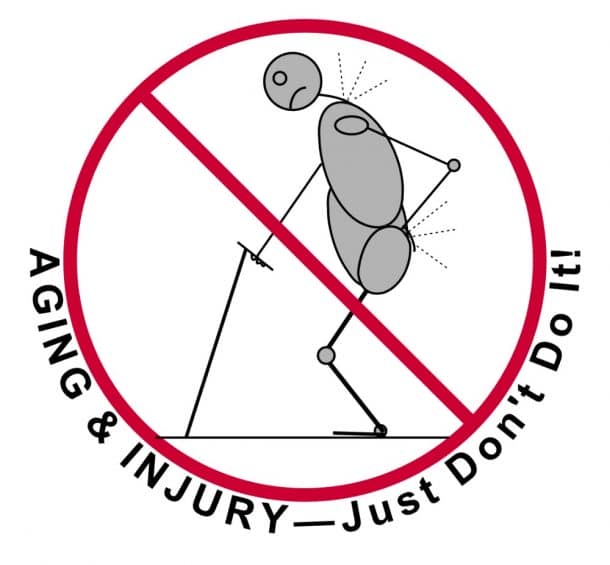Since living forever is out of the question, scientists are working towards the making the limited time that we do have in this world healthy. There is no point in increasing your lifespan if you don’t have the health to enjoy it. A team of scientists has made a breakthrough in increasing the health span by rejuvenating old cells and making them look like and act like younger cells slowing down the aging process.

Most of the anti-aging research is directed towards old cells that have stopped dividing and are the cause of age-related diseases. These cells are normally cleared out by the immune system but tend to accumulate with age as the effectiveness of the immune system decreases. A new class of drugs called Senolytics is responsible for clearing these cells from the body. Studies on animals have shown promising results extending their health span.

This latest study from scientists at the Universities of Exeter and Brighton takes a different approach to the problem. Instead of clearing these senescent cells out of the body, the team has found a way to rejuvenate them, making them behave like young cells again. “This is a first step in trying to make people live normal lifespans, but with health for their entire life,” says team leader Professor Lorna Harries. “Our data suggests that using chemicals to switch back on the major class of genes that are switched off as we age might provide a means to restore function to old cells.”
The compounds behind this treatment are called resveratrol analogs. Resveratrol is naturally present most prominently in red wine, dark chocolate, blueberries. It has been subject to a number of researches but the exact health benefits are still unclear.
The latest study is still in its early stages but the introduction of resveratrol compounds in human cells in the lab have shown promising results. Just after hours, the old cells start showing signs of improvement. They display more splicing factors and result in longer telomeres, which grow short with the age of a person.

“When I saw some of the cells in the culture dish rejuvenating I couldn’t believe it,” says Eva Latorre, one of the researchers working on the project. “These old cells were looking like young cells. It was like magic. I repeated the experiments several times and in each case, the cells rejuvenated. I am very excited by the implications and potential for this research.”
Even though the research is far from completion. It will serve as a basis for the cure for many degenerative diseases.



And what happens when the rejvnivation cannot be stopped when it is injected in the body. Mutation will happen.